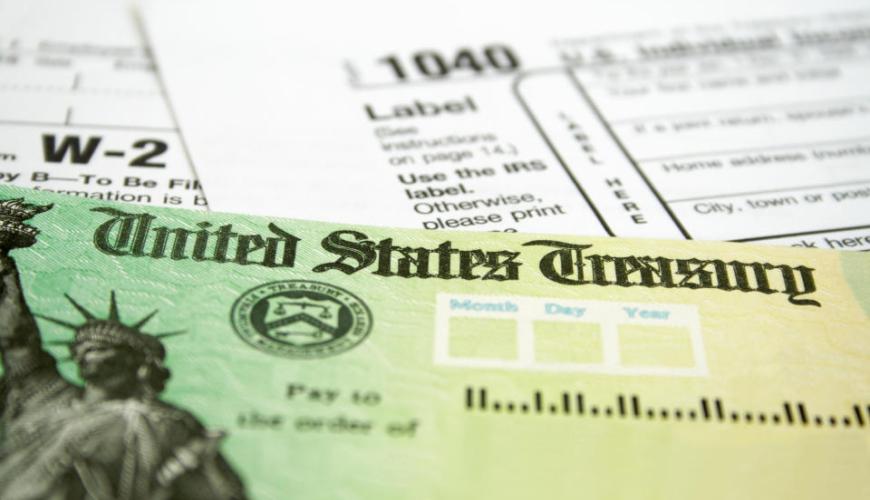Tax Refunds in 2024: How to Get Them Faster
- 04 February 2024 2:01 AM

The Internal Revenue Service (IRS) customarily informs taxpayers that they can anticipate their tax refunds around three weeks post-filing. CPA Practice Advisor, a periodical for tax professionals based on average IRS refunds timelines for the past two decades, suggests that this period can be reduced to 14 days with certain modifications in the filing process.
The foremost strategy to expedite your refund is to opt for electronic filing, as paper filing could elongate the processing duration by several weeks. According to Isaac M. O'Bannon, managing editor at CPA Practice Advisor, most professional tax preparers and widely-used online filing systems offer e-filing services.
A delay in refund disbursement is inevitable for early filers who are claiming the Earned Income Tax Credit (EITC) or the Additional Child Tax Credit (ACTC). IRS regulations necessitate holding these refunds until mid-February, translating into potential receipt of these refunds by taxpayers only around February 27.
There are several strategies taxpayers can adopt to expedite their tax refunds.
Primarily, it is advisable to file your returns early, electronically, and to utilize direct deposit for receiving refunds, thereby preventing unnecessary delays. Traditionally, paper returns and physical checks for refunds extend the processing time. Your bank account, pre-paid debit card, or mobile application, provided it has a routing and an account number, are appropriate avenues for direct deposit.
Accurate and holistic returns help avoid processing delays. Ensure all personal data and tax documents are ready and reliable prior to filling out your return. Incomplete returns or those with errors often need extended review periods, thereby slowing down your refund processing. Necessary documentation includes W-2 income statements, 1099s for multiple income sources like unemployment compensation, dividends, pension, or retirement plan distributions. Additional prerequisites could consist of Form 1095 for individuals who availed coverage through a health insurance marketplace. Tools such as a tax checklist offered by H&R Block can be particularly helpful.
Personal information of dependents and spouses, such as birth dates and taxpayer identification numbers, should be readily available. If the IRS has issued an Identity Protection Personal Identification Number in the current year, ensure that you have it handy.
If you cannot afford professional guidance for filing your taxes, possible alternatives are the free IRS file options or the Volunteer Income Tax Assistance (VITA). VITA provides complimentary tax preparation for individuals with disabilities, senior citizens, moderate- to low-income individuals, or people who confront language barriers.
In this age of technological advancements, tax scams have become increasingly prevalent. Taxpayers need to be vigilant about fraudulent activities including fake IRS contacts for unclaimed refunds, spurious W-2s in the mail, "ghost" tax preparers, or imposters representing a charity. The IRS clearly states that it will not initiate contact with taxpayers via email, text messages, or social media for personal or financial information requests.
Follow Ronda, a personal finance senior reporter for Yahoo Finance and attorney with experience in law, insurance, education, and government, for all updates related to your finance and tax needs on @writesronda.
For more content related to finance, follow Yahoo Finance on Twitter, Instagram, YouTube, Facebook, Flipboard, and LinkedIn.
